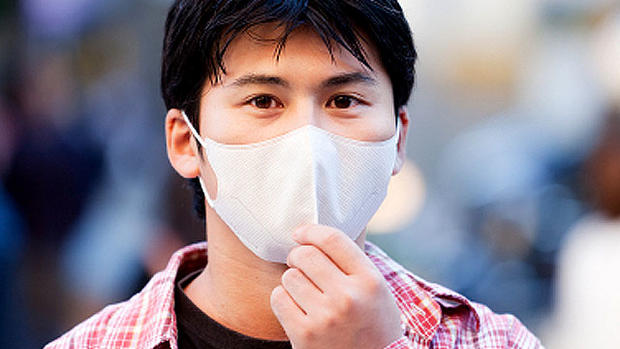Bird flu studies to stay private for now: WHO
(CBS) Bird flu research has sparked controversy in recent months, as experts debated whether to publish two studies that would provide anyone with the information to experiment with the mutant virus, H5N1. The biggest risk is that the virus could, if put in the wrong hands, turn into a human pandemic.
PICTURES - Bird flu self-defense: 7 key questions answered
The World Health Organization said Friday that it will extend a moratorium on the research and delay publication of studies so far. The WHO previously called for a 60-day moratorium on research in January, noting the potential negative consequences of the research despite its importance, HealthPop reported.
"Given the high death rate associated with this virus - 60 percent of all humans who have been infected have died - all participants at the meeting emphasized the high level of concern with this flu virus in the scientific community and the need to understand it better with additional research," Dr. Keiji Fukuda, assistant director-general of health security and environment for the World Health Organization, said in a written statement.
The WHO called a meeting Feb. 17-18 to settle the issue. Experts at the meeting included lead researchers of the two studies, scientific journals interested in publishing the research, bioethicists, research funders and providers of the virus. The group came to a consensus to delay publication
"There is a preference from a public health perspective for full disclosure of the information in these two studies. However there are significant public concern surrounding this research that should first be addressed," Fukuda said.
Still, scientists agree the research should be published eventually. Dr. Ron Fouchier, of the Erasmus Medical Center in the Netherlands and author of one of the studies, told Reuters that "in the interest of public health," the papers should be published. "This was based on the high public health impact of this work and the need to share the details of the studies with a very big community in the interest of science, surveillance and public health on the whole," he said.
A small number of human cases of bird flu have been reported to date, the highest numbers being in Indonesia and Vietnam. According to the CDC, the most significant risk factors for human H5N1 are direct contact with sick or dead poultry or wild birds.
The CDC has more on avian influenza.

